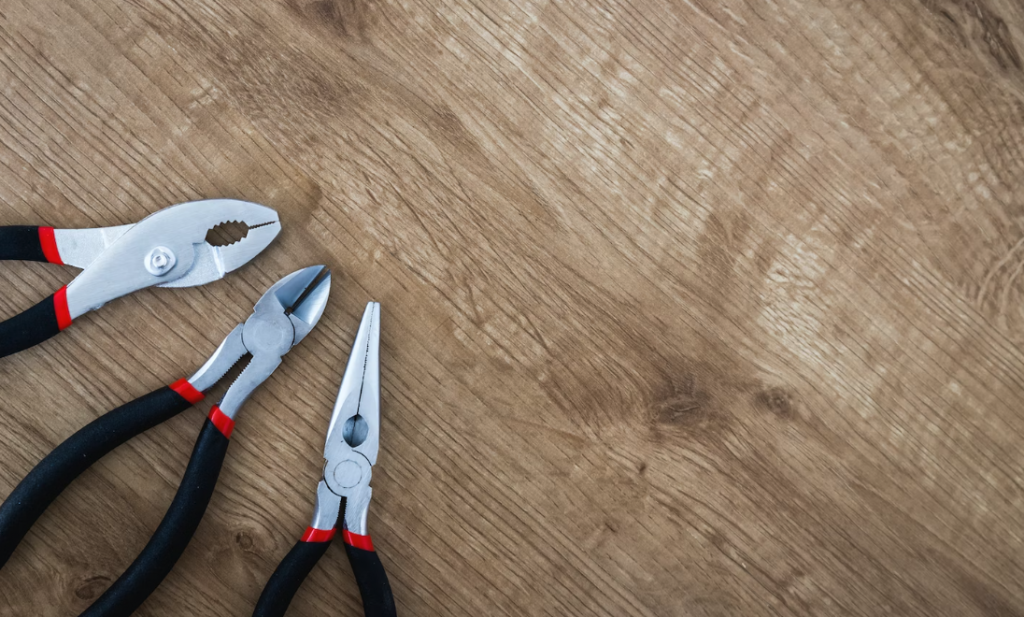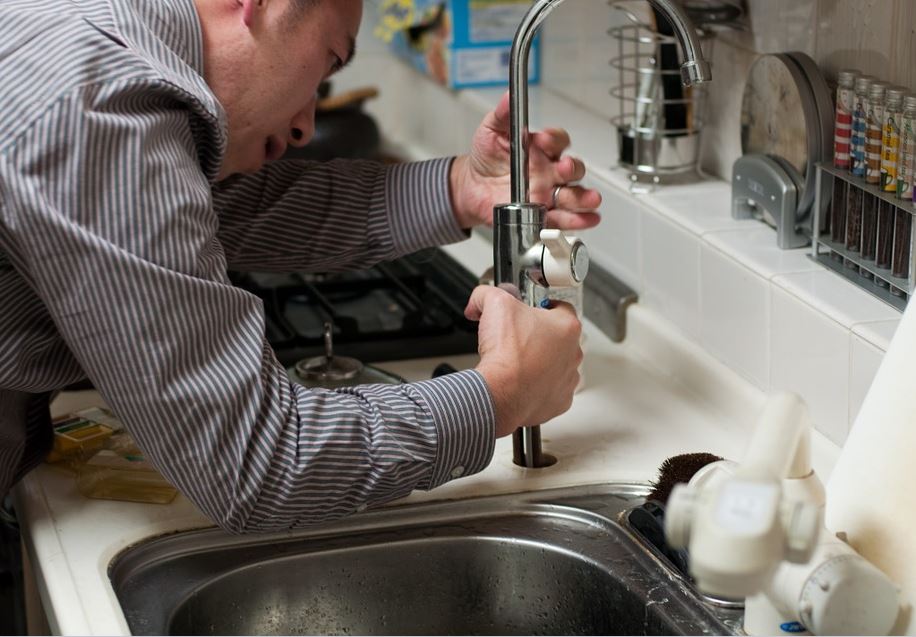- Leaky Taps: Tackling a leaky tap involves understanding its mechanism, which could be cartridge, ceramic, or rotating ball valve-based. Disassemble the tap, identify the faulty part (usually the main mechanism or seal), and replace it. Many DIY resources online offer step-by-step guidance, and necessary replacement parts are readily available at local DIY stores.
Clogged Drain: Preventing clogged drains is crucial, especially with shower drains prone to hair accumulation. Install inexpensive hair catchers to prevent clogs. Avoid putting food particles or grease down kitchen sinks. For slow drains, attempt clearing debris with a plunger or cable auger. If the issue persists, consider professional assistance for plumbing vent issues.
Running Toilet: A continuously running toilet may result from a faulty stop valve or floater switch. The floater switch regulates water flow into the toilet bowl. Replace the faulty component, which is typically available at major home improvement stores, to resolve the issue.
Many people find plumbing projects daunting, especially when moving into a flat or home that is your own responsibility for the first time.
It’s important to know some easy DIY plumbing tasks you can do yourself – as plumbing is something you use every day, so it’s bound to need some maintenance at some point!
To put it simply, plumbing follows the basic rules of nature, mainly involving gravity, pressure, and water – remembering this will help you when fixing the odd bits around the house.

Leaky Taps
A leaky tap can leak water from either the handles or drip from the water spout. However, there is no one solution that fits all, as taps work using one of three mechanisms:
- Cartridge – A replaceable cartridge controls the water flow.
- Ceramic – A movable ceramic disc that moves against a lower fixed disc to control the water flow.
- Rotating Ball Valve – A ball rests upon spring-loaded seals, so when the faucet is off, the ball is pressed up against the seals.
Most leaky taps are easily fixed, as there are many DIY articles and videos online showing you how to take taps apart and fix the issue. The majority of methods involve removing the handle and popping out the main mechanism.
The part needing a replacement will be either be the main mechanism or the sealing, and all parts can be found at a local DIY store.
Clogged Drain
This is especially a problem when the people who use the shower have longer hair, as the long hairs get trapped in the drain and collect other non-perishables that go down there.
Knowing how to prevent a clogged drain is almost as important as knowing how to fix one.
You can buy cheap hair catchers for your shower drain from many home stores, which are easy to remove after they have become full of hair.
Furthermore, avoiding putting anything down the kitchen sink such as food particles or grease will drastically reduce the chances of drain blockages in the future.
A slow-moving drain could be an issue with the internal pressure of the plumbing vent. Although we recommend plumbing vent issues to be handled by a plumber, if the problem is due to a buildup of debris in your drain pipes, you should be able to remove this with a plunger or using a cable auger.
A Running Toilet
Is your toilet still running water after you’ve flushed? It’s likely caused by a faulty stop valve or floater switch, which is a large bulb-like structure at the back of the toilet.
Its job is to monitor the flow of fresh water into the toilet bowl once the tank is full. This is easily replaced with a new falter switch, which can be bought from many leading home stores.

Here at Around The Bend Plumbing, we pride ourselves on delivering professional and reliable plumbing services at a competitive price for all our customers in the Lewes, Tunbridge Wells, Uckfield, Worthing Brighton, Eastbourne, and Worthing area. Around the Bend Plumbing also offer a comprehensive range of plumbing services including, kitchen plumbing, bathroom plumbing, toilet & sink unblocking, radiator plumbing, plumbing repairs, fixing burst pipes and leaks & central heating services. If you’re having problems with your plumbing, get in touch with a friendly member of our team today and we’ll make sure your issue is remedied as quickly as possible.
